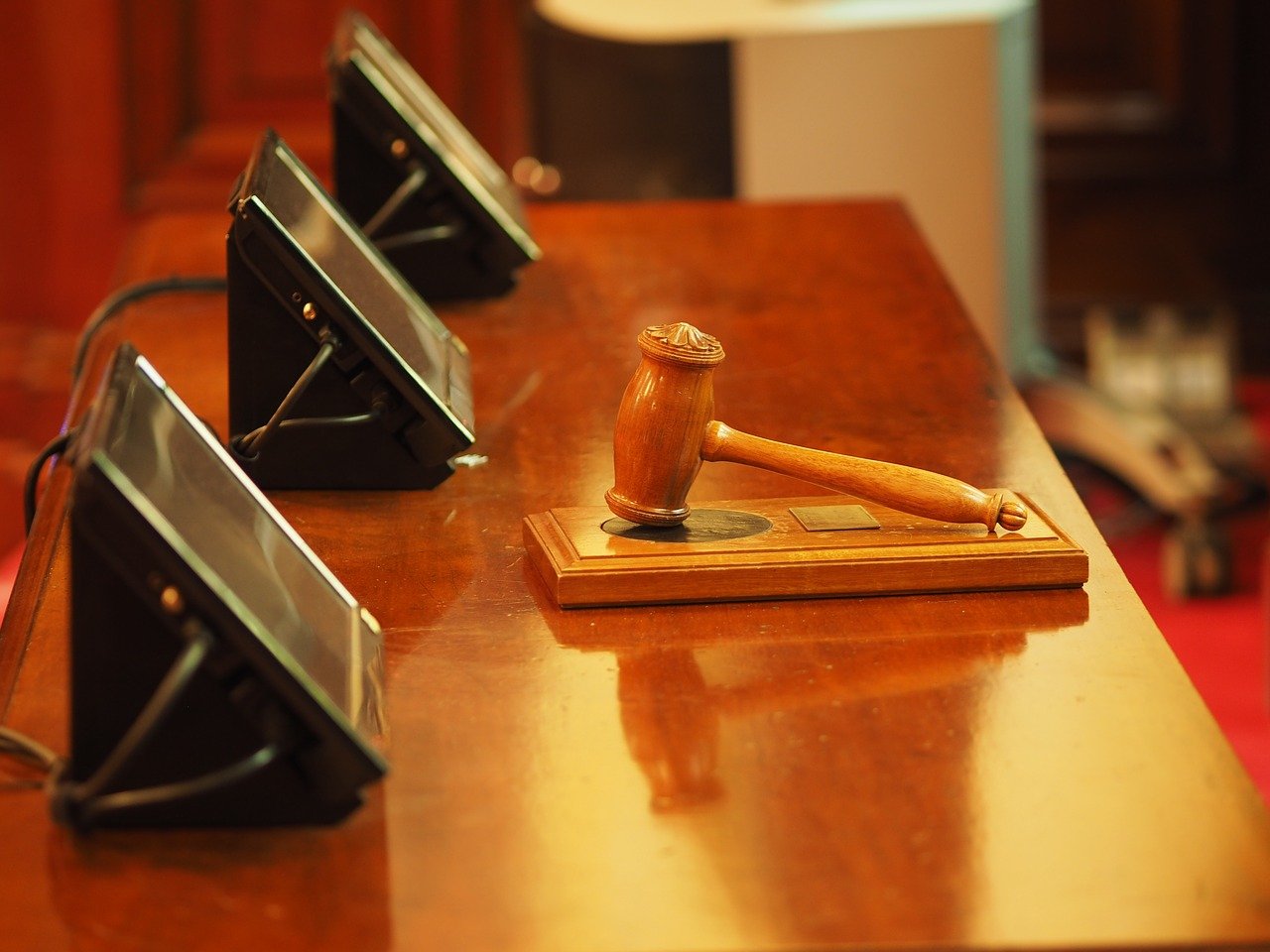In early August of 2018, Bayer’s recently acquired Monsanto was ordered to pay $289 million in damages to a groundskeeper who claimed the brand’s Roundup weed killer caused his terminal cancer diagnosis. Monsanto has promised to appeal the verdict, and now experts are starting to weigh in on the strength of the company’s argument on appeal.
Monsanto Plans to Challenge the Verdict
The recent verdict was the first lawsuit to allege that Roundup’s herbicide ingredient, glyphosate, causes cancer. This assertion has been debated within the scientific community for years, with the World Health Organization listing glyphosate as a likely carcinogen to humans in 2015.
Given that the groundskeeper Dewayne Johnson’s lawsuit was the first of thousands — Reuters reporting indicates there are now approximately 5,000 similar Roundup cancer lawsuits nationwide — the nearly $300 million verdict could prove extraordinarily influential for the pending lawsuits. Naturally, then, it comes as no surprise that Monsanto is appealing the verdict.
However, Monsanto stated shortly after the verdict that it planned to challenge the verdict on what some experts believe to be shaky legal ground. Namely, Monsanto has asserted it will challenge the verdict on the grounds that the judge ought to have barred the scientific evidence presented by Mr. Johnson in the case.
According to Monsanto vice president of global strategy Scott Partridge, Mr. Johnson and his attorneys put forward "junk science" that attempted to "color science" with emotional arguments designed to inflame the jury. The Monsanto vice president went on to state that Mr. Johnson’s attorneys also painted Monsanto in a malevolent light, which also served to inappropriately influence the jury.
Will This Legal Challenge Prove Successful?
Some experts doubt that Monsanto’s plan to challenge the verdict based on the insufficiency of the scientific evidence allowed will prove unfruitful. The question of whether glyphosate causes cancer is a hotly debated scientific issue with no clear consensus, but this does not mean the judge in the case did not carefully consider the available scientific evidence before allowing Mr. Johnson’s evidence to be presented in the trial.
In fact, according to University of Florida law professor Lars Noah, the question of whether glyphosate causes cancer is a difficult one that is "at the margins of science" and the judge found the evidence simply wasn’t inadmissible."
To the professor’s point, there is conflicting findings on the cancer-causing capability of glyphosate from notable health organizations. As noted already, the World Health Organization classified glyphosate as a probable carcinogen in 2015, whereas the Environmental Protection Agency found in 2017 that glyphosate is likely not carcinogenic to humans.
Monsanto has stated that the plaintiff’s experts hand-picked studies and used "unreliable methods" to support their finding that glyphosate causes cancer. However, according to University of Connecticut law professor Alexandra Lahav, it is a common practice for experts to rely on the same studies while reaching different conclusions in a jury trial.
Likewise, some experts were unconvinced of Monsanto’s argument that Mr. Johnson’s attorneys unfairly prejudiced and inflamed the jury with emotional arguments. Harvard Law School professor David Rosenberg argued that such rhetoric is simply "part of the game during trials", further noting he could not see a "single reason" why Monsanto thought appealing on these grounds would prove helpful.
It remains to be seen whether Monsanto’s appeal will indeed be a success, but in the interim legal experts remain unconvinced of Monsanto’s planned argument on appeal.
For more information about the cancer-causing potential of glyphosate and Roundup or to discuss your legal claim with a Roundup cancer lawyer, contact us online for a free case evaluation today.

Emery Brett Ledger brings more than 27 years of experience to personal injury law. He founded & led The Ledger Law Firm in securing over $100 million in compensation for clients with life-altering injuries & complex claims. Licensed in California, Texas, & Washington, Emery earned his law degree from Pepperdine University School of Law. His practice areas include car & truck accidents, wrongful death, catastrophic injuries, maritime claims, & mass tort litigation. He has been recognized by The National Trial Lawyers’ Top 100, Mass Tort Trial Lawyers Top 25, and America’s Top 100 Personal Injury Attorneys. Emery also received the 2025 Elite Lawyer Award & holds a perfect 10.0 Avvo rating with Platinum Client Champion status. His legal work has been featured on CNN, Forbes, NBC, & ABC.



